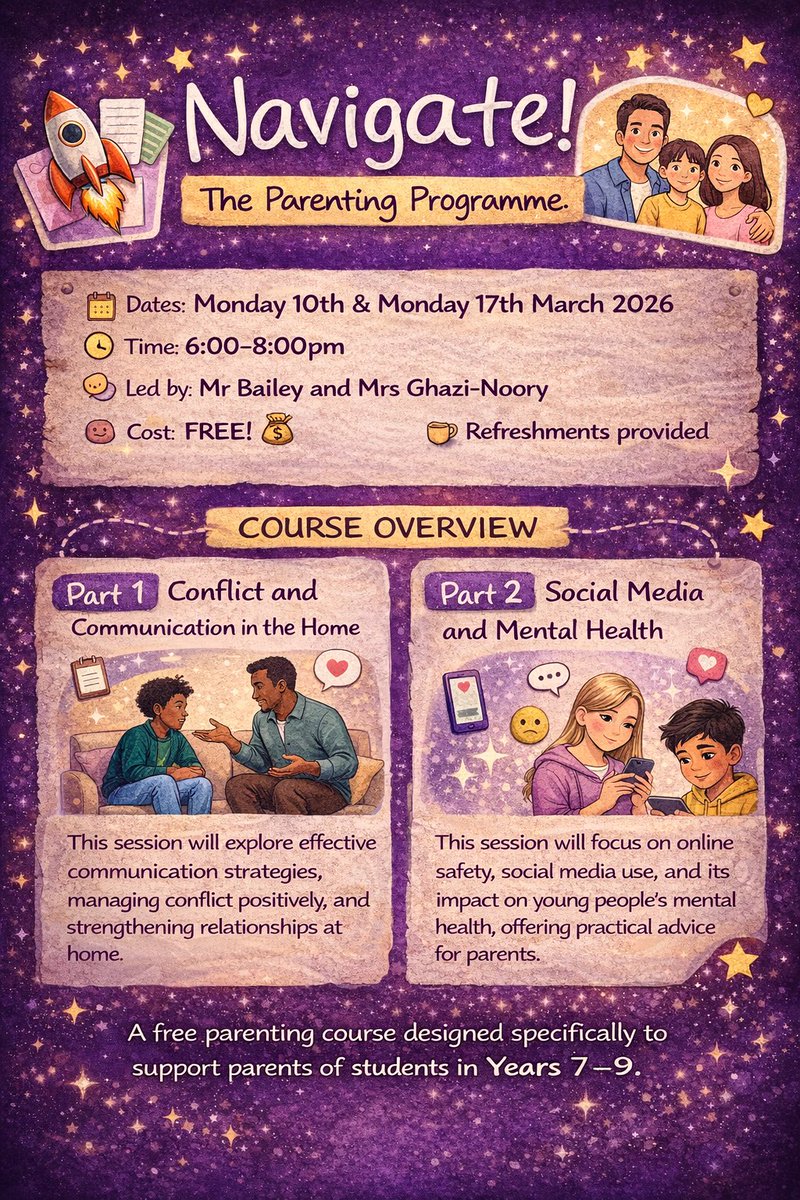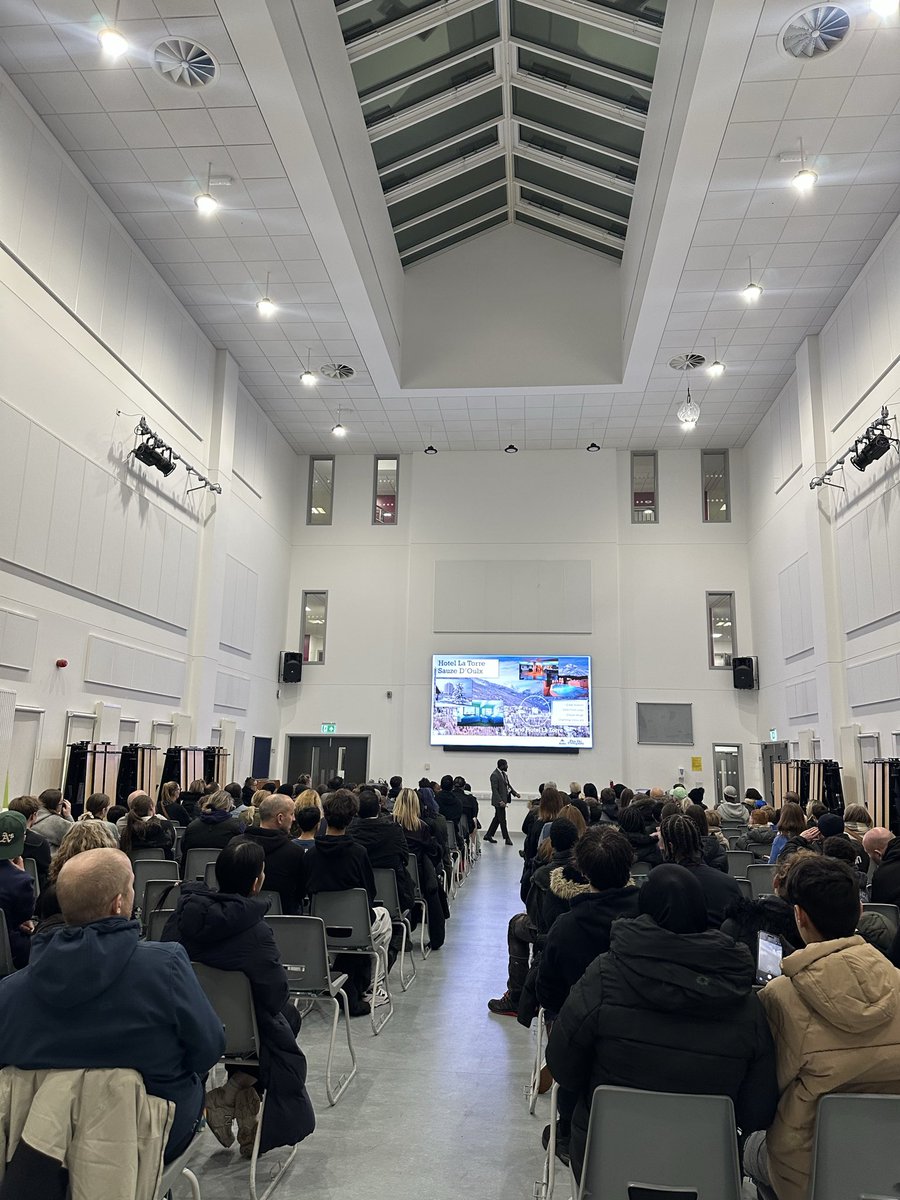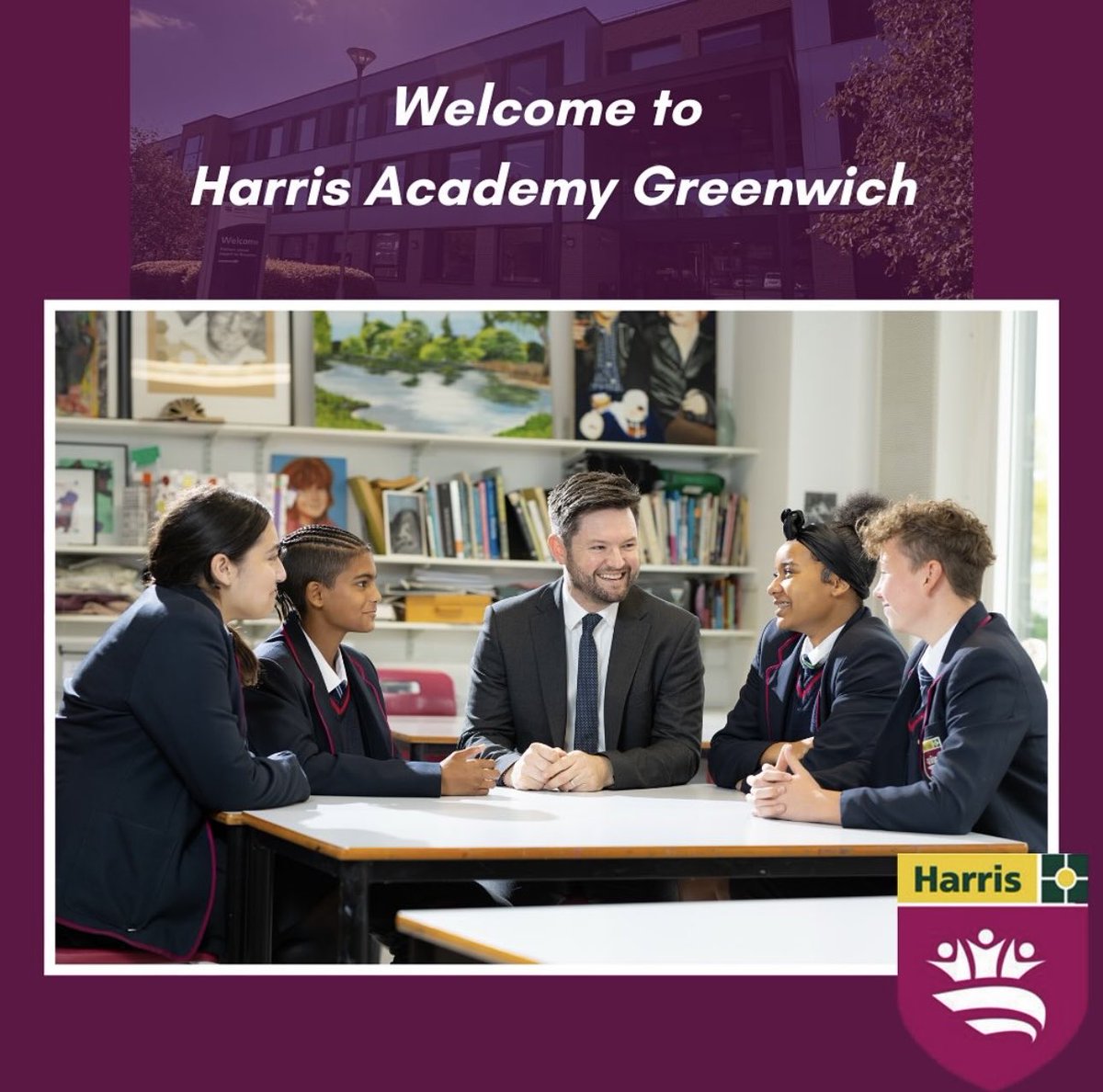Equalities & Additional Intervention
We believe that all children should be equally valued at our Academy. We will strive to eliminate prejudice and discrimination, and to develop an environment where all children can flourish and feel safe. We have a rage of agreed policies.
Harris Academy Greenwich is committed to inclusion and part of the Academy’s strategic planning involves developing cultures, policies and practices that include all learners. We aim to engender a sense of community and belonging, and to offer new opportunities to learners who may have experienced previous difficulties. This does not mean that we will treat all learners in the same way, but that we will respond to learners in ways that take in to account their varied life experiences and needs.
We believe that educational inclusion is about equal opportunities for all learners, whatever their age, gender, demographic group, ethnicity, additional need, attainment and background. We pay particular attention to the provision for and the achievement of different groups of learners:
- Students from families that are financially disadvantaged (PP - Pupil Premium)
- Students who arrive with below nationally expected ability in any area (LAPs)
- Boys or Girls
- Students from minority faiths, ethnicities, travellers, asylum seekers, refugees
- Students who have English as an additional language (EAL)
- Students who have Special Educational Needs or a Disability (SEND)
- Students who are Gifted and Talented (G&T)
- Students who are Lesbian, Gay, Bisexual or Transgender (LGBT)
- Students who are Looked After Children (LAC)
- Young carers, sick children, children from families under stress
The Harris Federation is pleased to publish its annual single equality plan. In developing this plan we have been able to identify and record the progress we have made towards achieving equality and tackling discrimination in order to come to a better understanding of the challenges still to be addressed. We will ensure that this single equality plan is effectively implemented and scrutinised so that we meet the obligations placed upon us by the equality duty. Promoting the priorities identified within our single equity plan will be a continuous process. It will be taken in partnership with the Federation community. The three aims of the general equality duty are as follows:
- To eliminate unlawful discrimination, harassment and victimisation, by tackling prejudice and promoting understanding.
- To advance equality of opportunity between people who share a protected characteristic and those who do not by:
- Removing or minimising disadvantage suffered by people due to their protected characteristic.
- Take steps to meet the needs of people with certain protected characteristics where these are different to the needs of other people, including taking steps to take account of disabled people’s disabilities.
- Encourage people with certain protected characteristics to participate in public life or in other activities where their proportion is disproportionately low.
- Foster good relationships between people who share a protected characteristic and those who do not.
Compliance with the general equality duty may involve treating some people more favourably than others. The 8 protected characteristics are as follows: age, disability, gender reassignment, pregnancy and maternity, race, religion or belief, sex and sexual orientation.
The Governors and Staff of the Harris Federation understand that compliance with the general equality duty is a legal obligation that will better inform decision making and policy development. They further recognise that achieving the three aims stated will ensure the Harris Federation is able to successfully meet the needs of our diverse population of students, draw on the talents of a diverse local community to ensure our staff and governors better represent the wider community that we serve.
The Harris Federation has considered how well we currently achieve the aims of this duty with regard to the protected equality groups. Using information that we have gathered we have decided upon our equality objectives. Our plans to meet these objectives will be monitored annually.
In compiling equality information we have:
- Reviewed the Academy’s equality data, policies and practice and identified any gaps.
- Examined how our Academy engages with the protected groups, identifying where practice can be improved.
The outcomes are published within our Single Equality Plan, which has been agreed by our Governing Body. In line with legislative requirements we will review progress against our plan annually and review the entire plan and accompanying action plan on a four year cycle.
The roles and responsibilities related to the plan are outlined below:
Governors
- A named Governor will take the lead.
- The Governors as a whole are responsible for:
- Making sure the school complies with the relevant equality legislation.
- Monitoring progress towards the equality objectives and reporting annually.
The Head of School will:
- Implement the Academy’s stated equality objectives and ensure that access plans are written, and that they are readily available to governors, staff, pupils and parents.
- Ensure all staff know their responsibilities and receive training and support in carrying these out.
- Take appropriate action in cases of harassment and discrimination, including prejudice related incidents.
- Enable reasonable adjustments to be made in relation to disability in regard to students, staff, parents/carers and visitors to the academy.
All staff within the Academy will:
- Advance equality in their work.
- Foster good relationships between groups and tackle any prejudice related incidents.
- Be able to recognise and tackle bias and stereotyping.
- Take up training and learning opportunities.
All Students in the Academy will:
- Follow the relevant policies and procedures.
- Engage with the PHSEE curriculum in relation to improving equality.
- Report any incidents of bullying, harassment or prejudice related incidents (visitors and contractors are also responsible for following relevant Academy policies).
- Students are consulted via the Student Council, Student Commission and the Head Boy & Girl on equality/accessibility issues.





















